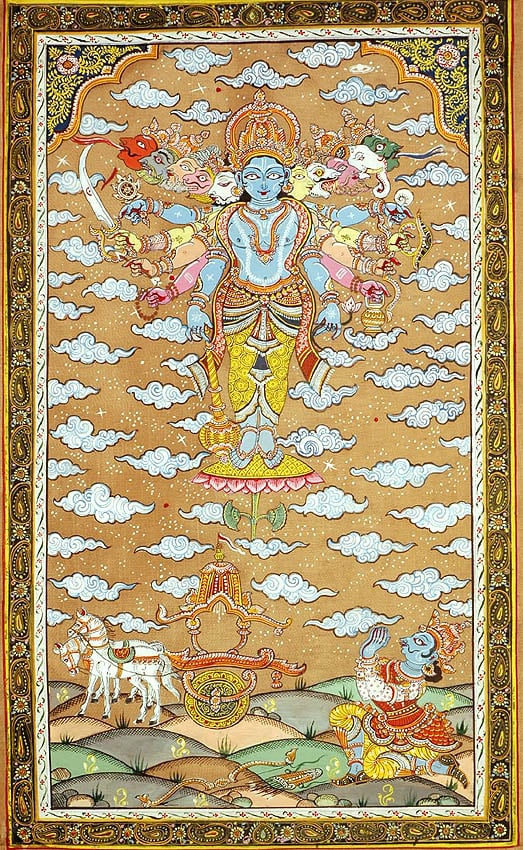Gita Nova
By:
November 2, 2011

The hearing room throbbed with the smell of flashpowder and freshly-metabolized gin. A crowd of speed graphics and spent train tickets parted fast as a foreclosure when John Galt strode down the aisle. He took his seat without giving so much as a glance to the committee arrayed before him like so many baskets of mums. Pulling the microphone close enough to kiss his cleft chin, he began:
“For twelve years, you have been asking: Who is John Galt? This is John Galt speaking. I am the man who loves his life. I am the man who does not sacrifice his love or his values. I am the man who has deprived you of victims and thus has destroyed your world, and if you wish to know why you are perishing — you who dread knowledge —I am the man who will now tell you.
“The symbol of all relationships among such men, the moral symbol of respect for human beings, is the trader. We, who live by values are traders, both in matter and in spirit. A trader is a man who earns what he gets and does not give the undeserved. And what is undeserved? Nothing that is gotten, nothing that is earned is undeserved. Once we said we would not give the undeserved or take it, but now we have discovered a higher rule: that the undeserved demands us to take it. A trader does not ask to be paid for his failures — but he will gladly, indeed solemnly, take payment for them all the same. A trader does not squander his body as fodder or his soul as alms, but he will dutifully squander the ill-given credit of others, of those too weak to keep it for themselves. Just as he does not give his work except in trade for material values, so he does not give the values of his spirit — his love, his friendship, his esteem — except in payment and in trade for human virtues, in payment for his own selfish pleasure.
“All the men who have vanished, the men you hated, yet dreaded to lose, it is I who have taken them away from you. Do not attempt to find us. We do not choose to be found. Do not cry that it is our duty to serve you. We do not recognize such duty. Do not cry that you need us. We do not consider need a claim. Do not cry that you own us. You don’t. Do not beg us to return. We are on strike, we, the men of the mind.
“We are on strike against self-immolation. We are on strike against the creed of unearned rewards and unrewarded duties. We are on strike against the notion of value itself, wherever value is not what we want, our own black and bottomless happiness growing from more to more. We are on strike against the dogma that the pursuit of such happiness is evil. We are on strike against the doctrine that guilt exists.
“There is a difference between our strike and all those you’ve practiced for centuries: our strike consists, not of making demands, but of seeming to grant them. We have chosen not to harm you any longer, but to let you harm yourselves through us. We are useless, according to your economics, and our very uselessness you made indispensable. We have chosen not to exploit you any longer — for how can one exploit the already-exploited? We have chosen not to wear shackles any longer, even when you forge them of gold and hand us the key. Even we ourselves are only an illusion, according to our philosophy, and we let you make us real.
“We have granted you everything you demanded of us, we who had always been the givers, but have only now understood it. We have no demands to present to you, no terms to bargain about, no compromise to reach. You have nothing to offer us. We do not need you.
“Are you now crying: No, this was not what you wanted? A mindless world of ruins was not your goal? You did not want us to leave you? You moral cannibals, I know that you’ve always known what it was that you wanted. But your game is up, because now we know it, too. And if the radiance of a thousand suns were to burst into the sky, that would be like the splendor of the Mighty One —”
As he intoned these words, John Galt grew larger. He grew larger and larger, filling the committee room as a stormcloud boils into the sky. Alphabets spooled from his eyesockets, rainbows unfurled from his french fly. Across all of his surface a thousand scenes toiled and dissolved: hickory saplings growing through roofs and splitting open houses, cornhusks exploding into ribbons of plastic, pianos bursting discordantly in the bowels of garbage trucks. Esoteric particles streaked through his innards, leaving as their wakes all the sad unwritten stories of the cosmos. And still John Galt grew, and he grew and he grew; his gaseous head filled up the capitol dome, his fat round ring-encircled fingers knit into the columns, his buttons grew to suns —
He becomes so big, said the committee chairman.
Too big to feel, said the vice chairman.
Too big to fail, said the leader of the minority.
And then he was gone in a gassy puff — gone like the last strands of cigar smoke that seem to fall away twisting as they disappear.
Or was he?
